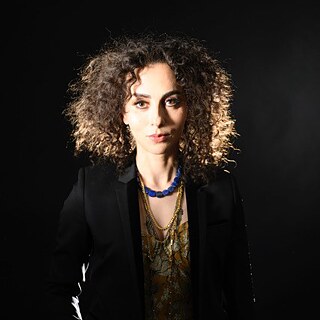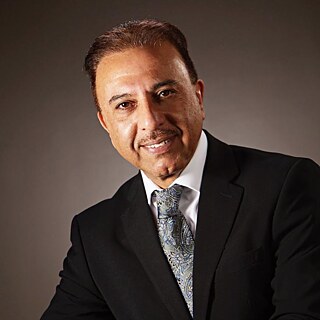Mashal Arman

Mashal’s performances span prestigious stages and collaboraLons, such as with conductor Michel Corboz and with the Vocal Ensemble of Lausanne and the baroque ensemble Gli Angeli. She has portrayed diverse roles like the Child in Ravel’s L’Enfant et les sor.lège, a servant in Nino Rota’s Aladdin and the Magic Lamp, Roggiero in Rossini’s Tancredi at the Lausanne Opera, Dorabella in Mozart’s Così fan tutte, Serpina in Pergolesi’s La serva padrona, Clarina in Rossini’s La Cambiale di Matrimonio, and Madama Rosa in DonizeS’s Il Campanello with the Geneva Chamber Opera. Additionally, she took on the role of Carmen in Carmen Audi.on with Teatro Malandro, which toured Switzerland.
A versatile arist, Mashal seamlessly integrates Western classical repertoire with traditional Afghan melodies. Deeply tied to her heritage, she regularly performs Afghan music internaionally, particularly with the Kabul Ensemble, and conducts masterclasses to share her insights. Driven by a mission to preserve and elevate Afghan music, Mashal founded The AfghanProject, a trio dedicated to Afghan folk and sacred music. This ensemble has performed at notable venues, including the Puccini Opera Fetival in Italy, Au Fil des Voix festival at the Trianon Theater in Paris, Geneva’s Victoria Hall, and has been featured on BBC, Swiss Radio and Television, Swiss Italian Radio, and Radio France’s Studio 104.
Mashal’s dual cultural identity — both Western classical and Afghan — enables her to work with a range of musical ensembles, from ancient to contemporary. Through her performances, she bridges cultures through the preservation of Afghan music and its introduction to diverse audiences worldwide.
Vaheed Kaacemy

Oliver Potratz

Farangis Mirzad

Her artistry quickly garnered global attention, with powerful songs like Hazrate Mawlana (Rumi), Aftaab Qafas (Cage), and Azadi (Freedom), each carrying messages of freedom, hope, and resilience. Her masterpiece song about Rumi shot in Konya/Turkey even earned her an invitation from UNESCO to perform in Paris, a testament to her ability to connect cultures and inspire through music.
Beyond her art, Farangis is a passionate advocate for preserving Afghanistan’s heritage and values, as well as an outspoken champion of women’s rights. In a time when these rights are increasingly threatened, she stands as a beacon of hope, particularly for women around the world who see her as a symbol of courage and resilience. Fans describe her as a “shining star,” using her voice to uplift others and redefine the role of music in driving meaningful change. Farangis Mirzad continues to inspire, empowering countless individuals through her music and advocacy.